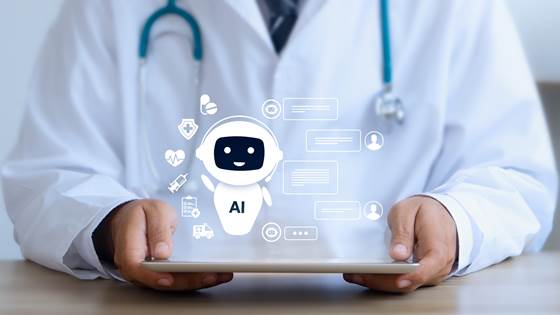
Safe and Sustainable Development of an AI Chatbot for German Primary Care
This project focuses on responsible integration of artificial intelligence (AI) into general practice in Germany, specifically through co-development of an AI-powered chatbot.

This project focuses on responsible integration of artificial intelligence (AI) into general practice in Germany, specifically through co-development of an AI-powered chatbot.

Model and reduce the uncertainties in lifetime prediction of marine risers based on targeted probability levels using probablistic and multi-fidelity modelling relying on measurement data.

Detect and mitigate climate change risk damage for optimal property value preservation
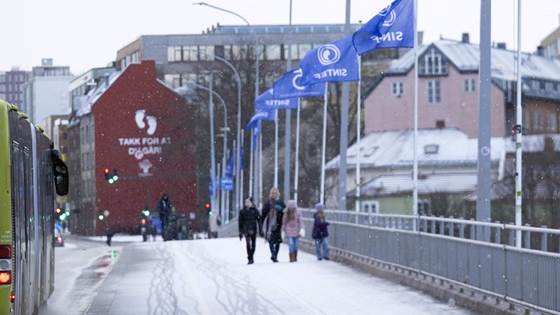
Integrated governance model for sustainable, resilient, adaptive, and people-centered urban transport
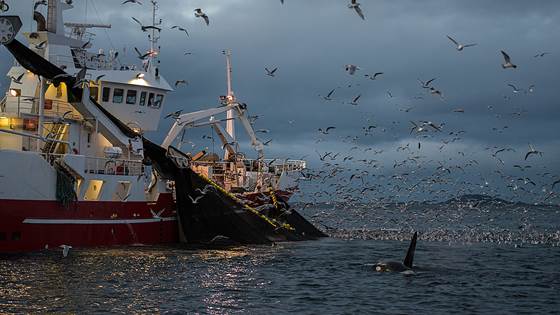
In MarineGuardian, the goal is to develop more sustainable fishing practices by promoting innovative fishing gear and technologies.

Optimizing Yard Operations (OYO) will provide innovative technology that incorporates optimization algorithms for planning resource-efficient stabling and shunting in train yards.

BioClima project is a groundbreaking joint EU-China collaboration initiative that enhances how we monitor biodiversity and climate change by combining artificial intelligence with ground-based and satellite data.
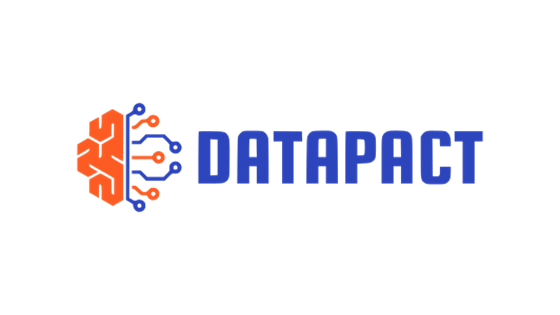
Compliance by Design of Data/AI Operations and Pipelines
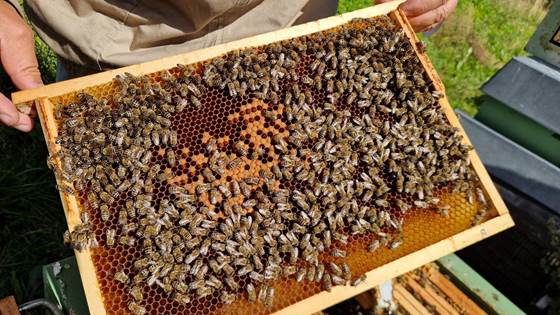
Beefutures, SINTEF and NINA are joining forces to gain insight into bee decline and environmental stressors impacting ecosystem health and biodiversity.

A collaborative forum gathering various stakeholders to explore key topics in the field of smart buildings and publish actionable insights to help tackle challenges in this industry.
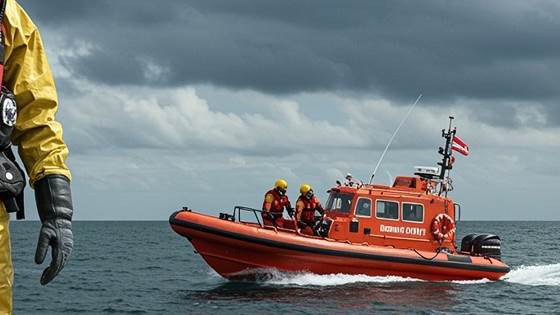
The main objective of RESPOND-SEA is to promote knowledge to improve interaction, collaboration, and coordination between public sectors, administrative levels, and between governmental and non-governmental bodies in the safeguarding of critical...
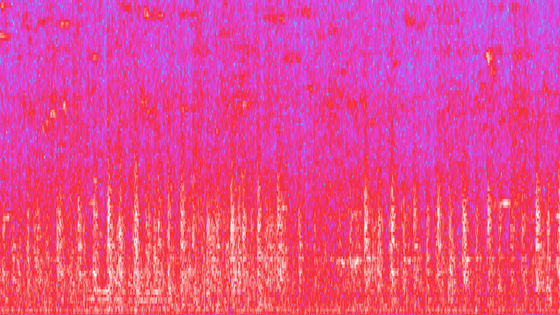
Norsonic AS, SINTEF and NINA are launching a new project aimed at advancing AI’s ability to understand and recognize of sound. The project is called ROaR (Robust Acoustic Recognition) and is funded by Norsonic AS and the Research Council of Norway.
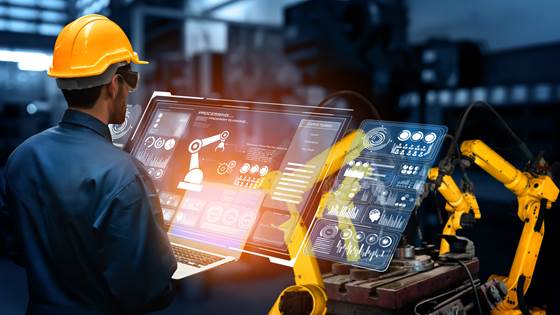
Our focus is on developing human-centric, inclusive, and sustainable solutions that enable seamless collaboration between AI-driven automation and human skills. Through innovative technologies, such as augmented reality, real-time AI training, and...
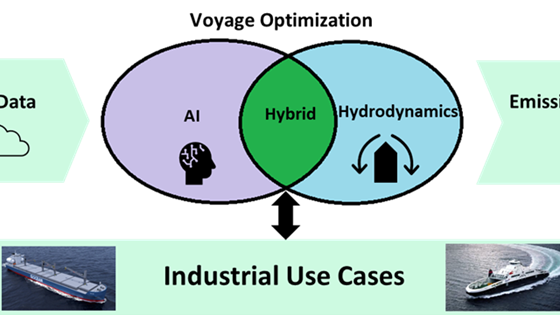
The FUSE vision is to rapidly reduce emissions from the global fleet by unlocking the full potential of operational data through fusing AI and ship hydrodynamics for next generation voyage optimization.
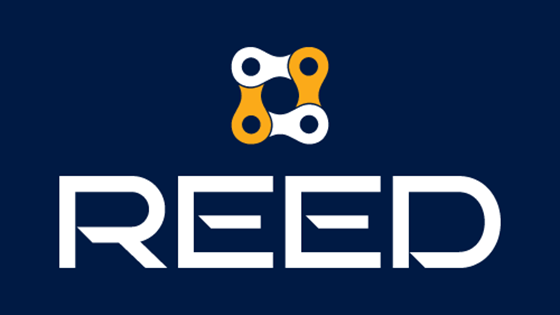
The main objective of REED project will be the development of a Manufacturing as a Service (MaaS) platform that will provide the enabling technologies, equipment and services for the manufacturing of bulky parts of the capital goods sector, assuring...
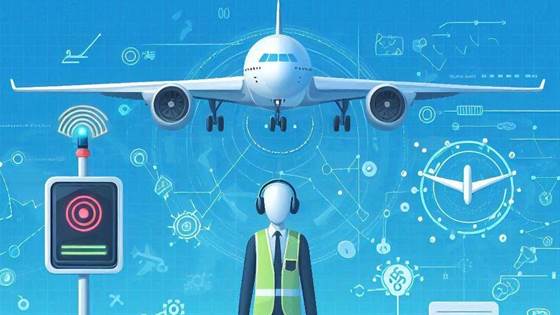
DIALOG’s ambition is to pave the way for rapid adoption of Artificial Intelligence (AI) infused technologies in Air Traffic Management (ATM) systems by delivering novel methods for human-AI collaboration based on inferring Air Traffic Controllers...

The JellySafe project (FHF/ 901941) aims to develop the tools and knowledge necessary to monitor, manage and mitigate the impacts of barbed-wire jellyfish (Apolemia spp.) on farmed salmon.
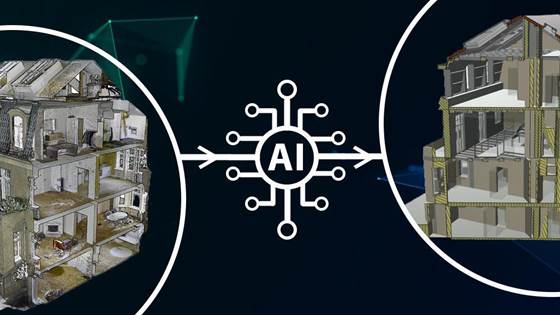
The DigiBygg project aims to achieve fast and cost-effective production of detailed digital building models, which will promote broader adoption of digital processes in the building sector.